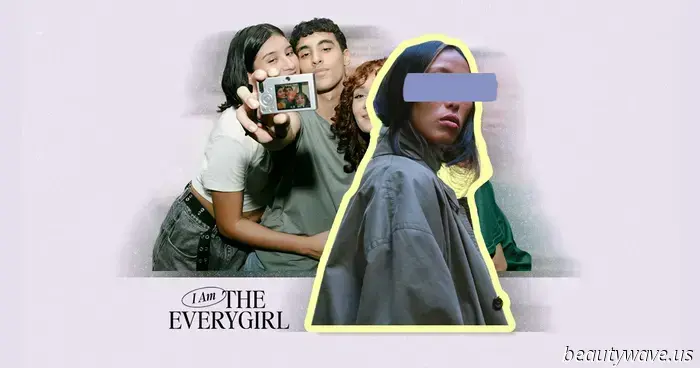
I Eventually Revealed to My Friends That I Was Attracted to Girls—Here’s Their Reaction.
I found myself knee-deep in a pile of old outfits, pulling off a dress that, without any logical reason, I suddenly detested. My roommate peeked in, raising her eyebrows.
“You good?” she asked, half-jokingly.
“Yeah, just... getting ready for a date,” I replied, avoiding her gaze.
“Ooo, fun. Who’s the lucky guy?”
I paused for just a moment before saying, “She got us tickets to a comedy show.”
Without hesitation, she smiled. “That sounds fun! Let me know if you want to raid my closet.”
I hadn’t realized I was holding my breath until I finally let it out. I had always been a confident dater and a known oversharer, so why was I feeling so awkward and secretive? This was my first official coming out conversation, and though it felt clumsy and uncomfortable, it also felt liberating. For the first time, I felt like I was expressing my true self, yet I wasn’t prepared for how much my life and friendships would transform from this moment.
The long journey of discovering my identity
I had always dated men and was content with that, convincing myself that I just hadn’t met the right guy yet. I mean, how many men in their 20s are the complete package? However, my search history revealed a different narrative:
- How to flirt with women
- How do I tell if a woman is flirting with me?
- How to ask out a woman in real life
- What does WLW mean?
Growing up, I was surrounded by Pride flags, attended drag bingo, and signed petitions to make my high school one of the first in the nation to have a gender-neutral homecoming court. Even in a town that promoted and celebrated the LGBTQ+ community, I never thought it applied to me. My friends and I focused on typical high school concerns—who would make the last varsity spot, who was asking whom to homecoming, and which AP class was the easiest. Discussions about personal sexuality just didn’t happen. Looking back, I wish I had more WLW role models, but if asked at 15, I would only have been able to name Ellen DeGeneres. Having more role models would have made envisioning my life a much simpler realization.
“Labels can be incredibly liberating for some, but to me, they felt confusing and constraining.”
I was a strong ally to those around me, but I found it hard to extend that same understanding to myself. Many coming out stories I encountered were from individuals who had known their identity from a young age.
Labels can be liberating for some, but to me, they felt confusing and restrictive. I viewed bisexuality as selfish and performative. Why did I feel allowed to date everyone? I frequently wondered, “How can you be bisexual if you haven’t even gone on a date with a girl?” It was a real conundrum: I didn’t want to date women until I was completely certain, but how could I gain certainty without first going on a date? So, in my 20s, eager to explore my identity, I took a small step and altered my dating app settings to include women.
A few weeks later, after some awkward small talk on the dating app, I stumbled upon a profile that stuck with me. I know it sounds cliché, but I felt instant butterflies. The kind of butterflies you hear about in romantic movies, the kind before your first kiss, a clear sign that overrode any prior doubts. Then, another wave of butterflies hit me—I realized I had to come out. I still didn’t know which label suited me, but I couldn’t ignore my attraction to girls, nor would I wait to explore that feeling just because I couldn't pinpoint the right label. Now, I just had to figure out how to tell everyone else.
The relief of coming out to those closest to me
Coming out wasn’t as exhilarating or empowering as I had imagined. It didn’t feel like I thought it would, which only made me feel worse. I had expected it to be like announcing a new job, filled with hope and joy, with friends celebrating with high-fives and dinners. Instead, I felt awkward and unsure, not quite knowing where to begin. I wish I had realized that coming out didn’t need to be an elaborate event; it could be woven into everyday conversation, just as one of my closest high school friends had done with me years before.
When she started dating her now-fiancée, I eagerly probed for details.
“So, does he play soccer too?”
She hesitated only briefly before replying, “Well... she runs track.”
I was taken aback, not by the gender of her crush but by how effortlessly she expressed it. There was no hesitation or excessive explanation. She simply liked a girl. While I was filled with excitement and happiness for her, I couldn’t help but feel


Other articles
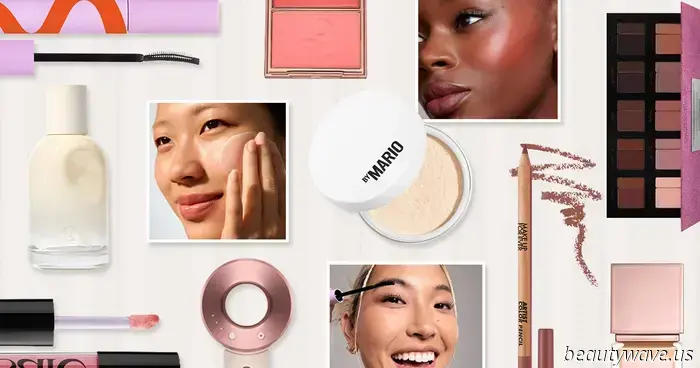 PSA: The Sephora Sale has returned—Check out what our editors are adding to their carts.
This is not a test: The Sephora Sale has returned. Here are the items our editors are planning to purchase.
PSA: The Sephora Sale has returned—Check out what our editors are adding to their carts.
This is not a test: The Sephora Sale has returned. Here are the items our editors are planning to purchase.
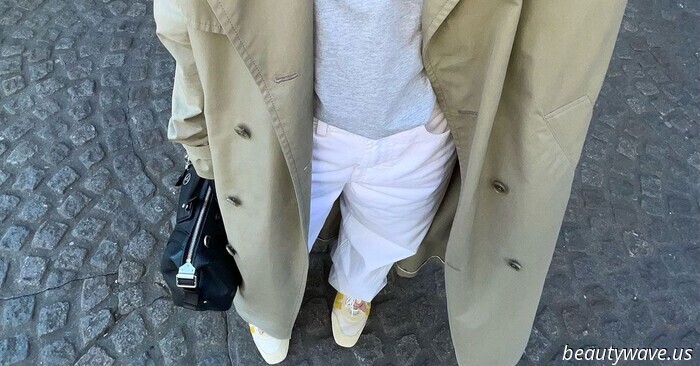 Between Sneakers and Ballet Flats—The Latest Louis Vuitton Footwear That's Captivating the Fashion Crowd
It casts a shadow.
Between Sneakers and Ballet Flats—The Latest Louis Vuitton Footwear That's Captivating the Fashion Crowd
It casts a shadow.
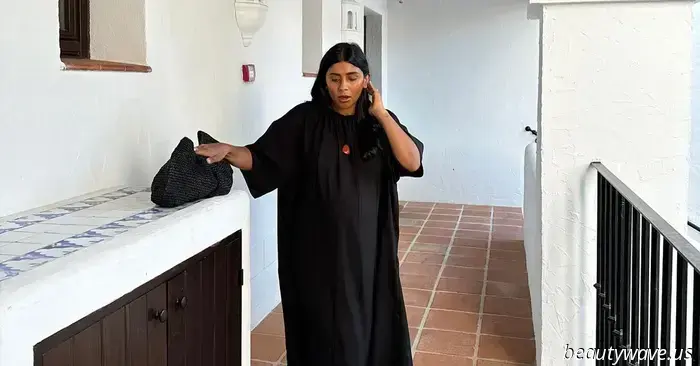 22 Stylish, Casual Dresses to Wear Any Day of the Week
Simple.
22 Stylish, Casual Dresses to Wear Any Day of the Week
Simple.
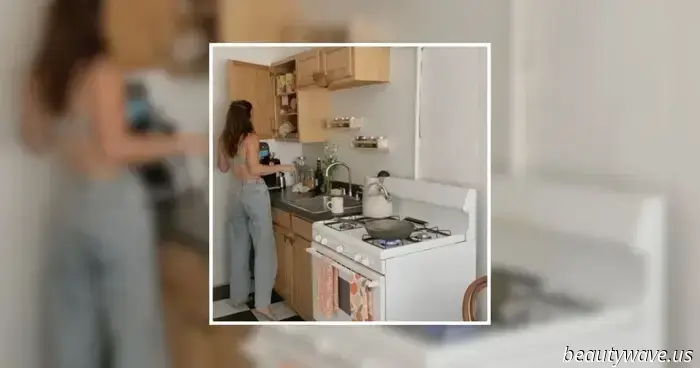 16 Tricks to Cut Down on Home Expenses
(while maintaining comfort)
16 Tricks to Cut Down on Home Expenses
(while maintaining comfort)
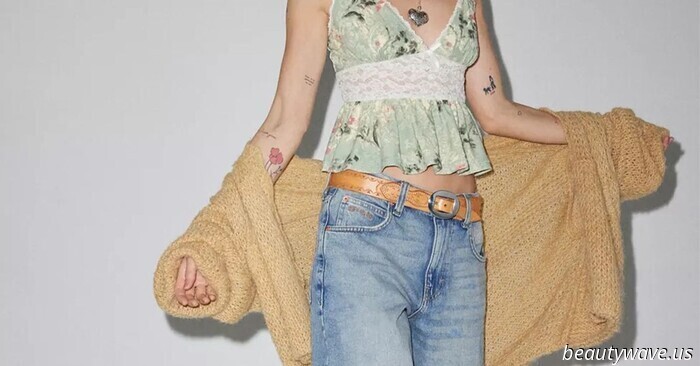 My Sister is in Her Early Twenties—31 Stylish Items from Urban Outfitters and Free People That I Suggested
Selections approved by Gen Z.
My Sister is in Her Early Twenties—31 Stylish Items from Urban Outfitters and Free People That I Suggested
Selections approved by Gen Z.
I Eventually Revealed to My Friends That I Was Attracted to Girls—Here’s Their Reaction.
After coming out, a writer wished that her friendships would remain unchanged. However, her life was irrevocably altered.
